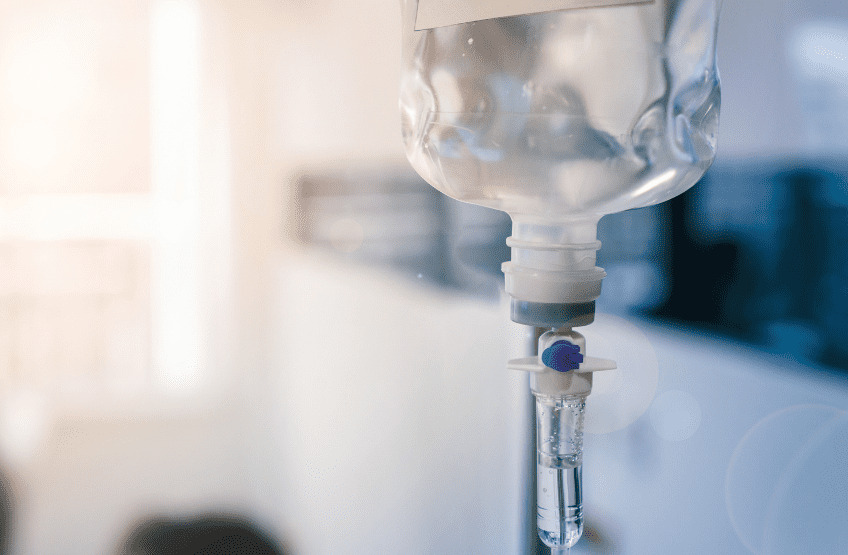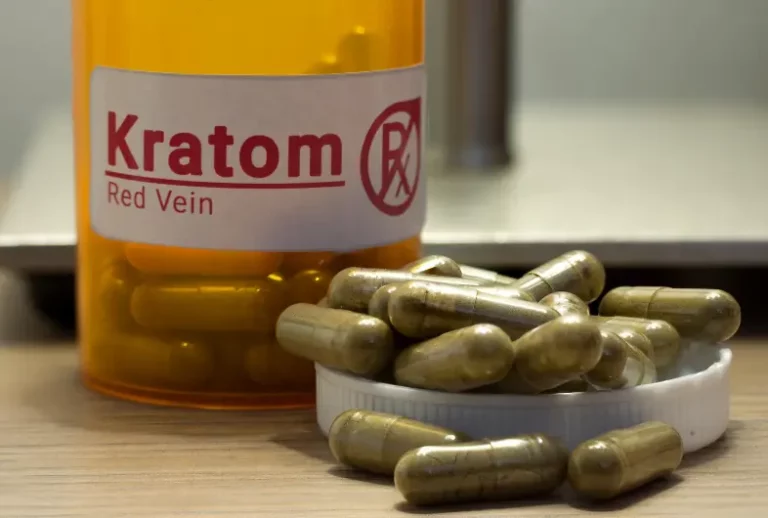Methamphetamine, more commonly known as meth, is an extremely addictive stimulant that affects one’s central nervous system. Detoxing from meth can be a long and hard journey, especially because of the nature of the substance. Meth can be consumed by smoking, swallowing a pill, snorting, or injecting. Those who are addicted to meth often use it frequently in order to achieve a high. The “high” from meth doesn’t last very long, causing users to use it more and more frequently. This pattern is dangerous and the use of meth can be life-threatening.
Because meth affects the amount of dopamine in the brain, it can be difficult for users to quit. Once the meth is no longer in the body, users crash, experiencing withdrawal symptoms. Detoxing from methamphetamine involves cutting out the substance either on your own or under the supervision of a medical professional. If you’re thinking about detoxing from meth, here are five things you should know before you start the process.
1. Withdrawal Symptoms are Rough
Many people find that continuing to take the drug is easier than dealing with the anxiety and withdrawal symptoms that occur during detox. These are serious concerns for some, and it’s not unfounded. Detoxing from Meth can be stressful, and users will experience withdrawal symptoms, including:
- Intense cravings
- Fatigue
- Depression
- Anxiety
- Nausea
- Dehydration
- Headaches
- Hallucinations
While meth withdrawal symptoms aren’t life-threatening in most cases, they’re definitely uncomfortable. Choosing to detox under the supervision of a health care provider can help to decrease the withdrawal symptoms and anxiety you experience.
2. Detoxing Can Take up to 50 Hours
Withdrawal symptoms begin about 24 hours after your last dose, and detox often lasts around 50 hours. When compared to other drugs, like benzodiazepines or alcohol, it’s relatively quick to detox from methamphetamines. However, while the drug may be out of your system after 50 hours, withdrawal symptoms can last weeks or even months after your last dose.
3. You’ll Need to Learn Coping Mechanisms and Trigger Avoidance to Prevent Relapse
As a part of detox, addicts should also dedicate time to therapy and other support systems that can help them. While detox is an important step in the journey to recovery, learning how to cope and prevent relapse is just as important. The beginning stages of recovery are fragile, and relapse is more likely. By dedicating yourself to learning coping mechanisms and trigger avoidance/reduction during the early stages of detox and recovery, you’ll be setting yourself up for success.
4. You Have a Few Different Treatment Options
There are many options out there for addiction treatment when it comes to addiction. If you’re looking to start treatment by detoxing, you could enroll in any of the following programs:
- Detox program
- Addiction treatment program
- Mental Health Treatment program
Before enrolling in a program, it’s important to do your research and find out whether or not they offer detoxification services. Some treatment centers expect you to arrive having already detoxed from the drug. However, many will help you with the process in-house.
5. You Will Feel Better
We know that it may seem like a daunting journey, and we know that the process will be difficult for you. However, it’s important to know that you will feel better in the long run. Detoxing and going to treatment can help you quit drugs that have had a hold on your life for too long. In the end, you’ll feel better and you’ll be so glad you quit. To learn more about Knoxville Recovery Center and how we can help you detox from meth, give us a call or contact us online.










